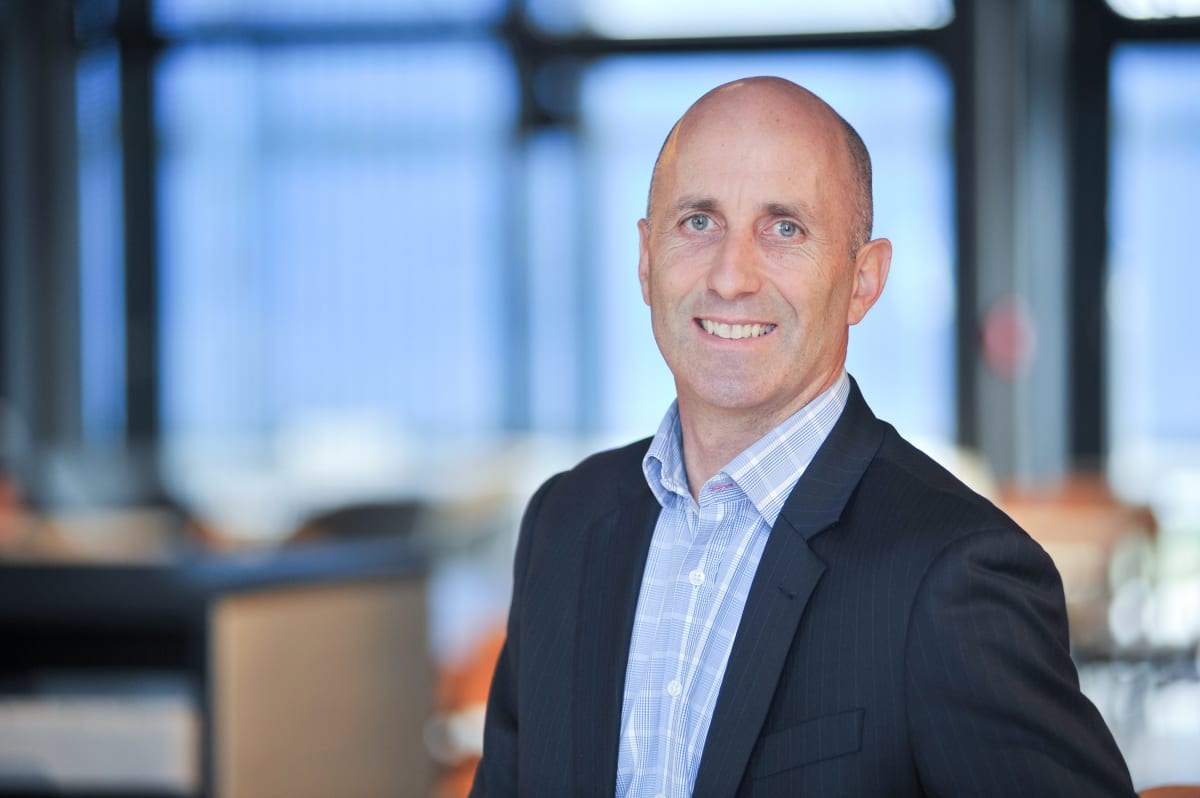
As Aotearoa’s technology industry grapples with a digital skills shortage, our biggest telco and digital services company is using Artificial Intelligence to create opportunities for its employees. Diana Dobson reports | Content partnership
When a business takes its ethos of data-driven customer experiences and puts it into action with its own employees, traditional career progression barriers start to fall down.
That’s just what Spark has done but it’s quick to add it is experimental, which People and Culture director Heather Polglase says gives the business and its employees a chance to learn through innovation.
The 5000-strong organisation has introduced a new data-driven initiative that directly addresses the nationwide skills shortage while offering exciting career-building opportunities and experiences to its people.
READ MORE: * Shooting hoops, tramping and cooking: The Kiwi firm slam-dunking its recruitment * Truck driver shortage shaking up the industry
Spark Gigs allows workers to upskill and gain on-the-job experience in areas that aren’t necessarily where they are currently work. The online platform allows Spark’s employees to build an online profile of their skills, experience, passions and aspirations and then, using Artificial Intelligence (AI), matches their skills and ambitions with available opportunities, or 'gigs'. These opportunities could be in the shape of an informal opportunity to put their skills to use to help achieve something outside of their day-to-day role, or it could be a mentoring opportunity, helping them to learn from someone else.
In addition, people who need extra support or resource for a specific project can make use of Spark Gigs' skills-matching AI technology to locate people with specific skills, or those wanting to learn those new skills, and get them to help with their project or campaign. Likewise, those who want to guide and support others can put themselves forward as mentors, and Spark Gigs will locate potential mentees.
It has come at a time when companies across Aotearoa struggle to retain workers, with digitally skilled workers in particularly in short supply. Although the Government has recently announced a ‘green list’ work to residence tier for ‘skilled telecommunications technicians’ from March next year, recent research released by Amazon Web Services revealed that more than a million New Zealand workers would need digital skills training in the next year, for roles across various sectors including gaming, information technology, manufacturing and agriculture.
NZTech Chief Executive Graeme Muller says while there is no silver bullet to fix this global digital skills shortage, New Zealand companies need to pull every available lever to bridge this gap including creating new pathways and opportunities for training and workforce upskilling.

“If New Zealand can accelerate our local response, we stand to gain considerable benefits including creating many higher value jobs, improved employee satisfaction and output, high productivity and high value exports,” Muller says.
Polglase says Spark Gigs provides a smarter solution to the skills shortage problem it is facing.
“As a business, we’ve been using data to better support our customers for some time now, so we decided to put this into action with our own people and use data to make smarter and more informed decisions about how we build the capabilities of our people and to differentiate us in a really tight labour market.”

Ian Scott, New Zealand General Manager at global recruitment and HR services company Randstad, says in today’s highly competitive talent market, organisations must use out-of-the-box thinking to find and retain good people.
When it comes to digital transformation, the recruitment industry has been a leader in adopting new technologies to optimise and humanise the recruitment experience, having been early adopters of online job boards, recommendation engines and online learning and development portals.
Technology has been positively disrupting the recruitment industry for some time. New AI-enabled technologies are being used to help people map their current and future skills to jobs that are emerging and, in some cases, don’t yet even exist.
“We have 5000 people at Spark. All of these people could potentially move internally. While this hasn’t been done at scale previously, there is now a burning platform to make the most out of the talent already in the business, both in terms of retaining skills, but also in terms of providing ongoing opportunities for our people to grow and develop” – Heather Polglase, Spark People and Culture director
“In a tight labour market, we're seeing employers trying innovative ways to retain and attract people. Our own research has shown that people are looking to work for organisations who not only provide good career development and progression opportunities, but increasingly who also align with their personal values and beliefs,” Scott says.
“This is why Randstad's approach to recruitment and HR services is to apply a more human-centric approach – we realise that a job is more than just a pay cheque and by using smart insights and data, we go beyond the CV to connect people to opportunities that match their career as well as their personal aspirations.”
Randstad is so confident in the possibilities that smart technologies can bring, it's set itself an ambitious global goal of “touching the work lives of 500 million people by 2030”.
Scott is interested in seeing how this plays out for Spark in the long run, especially whether it has an impact on its attrition rate.
For Spark, the first year of lockdown saw an attrition rate much lower than usual as no one was really moving jobs. Annually Spark sits at about 17 percent but with the pressures on the labour market and increased competition for talent, that has crept into the low 20s.
So, the business delved into the hot spots that were struggling with numbers and focused on what great retention looked like for that particular area or skill set.
“We have 5000 people at Spark. All of these people could potentially move internally. While this hasn’t been done at scale previously, there is now a burning platform to make the most out of the talent already in the business, both in terms of retaining skills, but also in terms of providing ongoing opportunities for our people to grow and develop,” Polglase says.
Twenty-three year-old Sisilia Fakalata has been working in a South Auckland Spark retail store while studying media and communications at the University of Auckland part-time with a goal of someday working in public relations.

Through Spark Gigs, Fakalata has managed to find a paid internship role one day a week, working as part of Spark’s Corporate Relations team.
“It’s been a great tool to learn new skills, gain experience, and network within Spark. I’ve started an internship, found a mentor, and have also been a part of an experiment to be a reverse mentor to a chapter lead – who is a senior leader at Spark, which is crazy, but it’s given me an opportunity to challenge traditional ways of working and learn new skills through a unique experience that I would not have got anywhere else,” Fakalata says.
Polglase is quick to point out that Spark Gigs is still in its early stages and the numbers aren’t quite where the business would ultimately like it to be, but it’s proving a winner with those team members contemplating a shift or even a complete change in their work. She’s even recently used Gigs herself, to hire a new team member who had been working in a Spark store to a permanent role in her own People and Culture (HR) team.
A quick look through the portal reveals a range of roles available – from copywriting to photography and videography for specific projects, part-time social media advisors and even something called, ‘empathy work’.
“For us it’s a no-brainer,” Polglase says. “People want to be a part of an organisation when they see the future opportunities there for them. It’s early days with Gigs, but as a technology company, it makes sense that we’d use technology to help solve one of our biggest challenges as an industry.”
Spark is a foundation partner of Newsroom.co.nz







